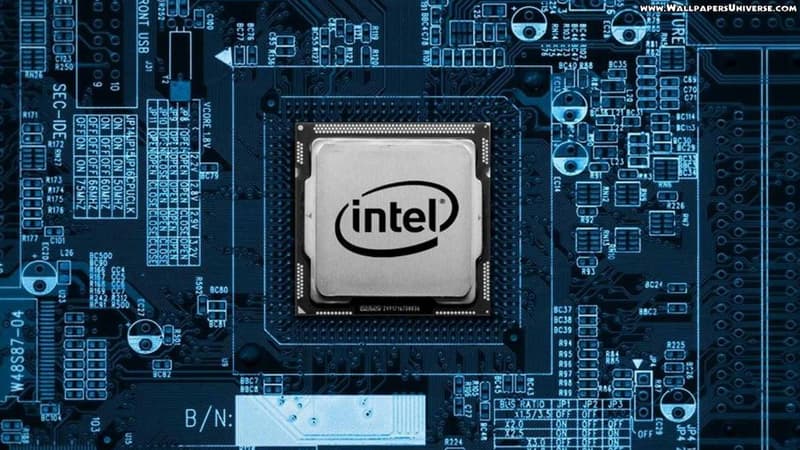US semiconductor manufacturer Intel announced on Monday that it would postpone the construction of factories in Germany and Poland for around two years, a decision justified by its forecasts for the evolution of demand, according to a statement. If the project is not cancelled, it will be a snub for Germany, which has promised around ten billion euros in subsidies to attract the chip giant to Magdeburg (central-east).
Construction work had not yet started, although Intel had initially announced the start of construction in the first half of 2023. The delay was justified by additional costs related to inflation.
A subsidy from the German government worth 10 billion euros
The German government’s subsidy accounted for about a third of the project’s estimated cost of 30 billion euros. “The time has come to move from a period of accelerated investment to a more normal pace” and “to a more flexible and efficient investment plan,” said Intel, one of the oldest players in the sector.
The company has invested heavily in recent months in EUV (“extreme ultraviolet”) machines from Dutch company ASML, which can be used to manufacture the most advanced chips. Intel is thus seeking to catch up in the niche of microprocessors adapted to the development of generative artificial intelligence (AI).
In-house chip manufacturing unlike the competition.
Unlike most of its major competitors, led by Nvidia, the group manufactures a significant portion of its own chips. CEO Pat Gelsinger, who took over Intel in February 2021, has even pushed for the development of a service provider activity, which consists of producing semiconductors that were not designed by the company.
But this division of Intel has accumulated losses of several billion dollars in recent months, to the point that the group announced on Monday that it was turning this so-called foundry activity into an independent subsidiary. According to the company, this initiative could in particular allow it to bring in other investors to take on the capital of this new subsidiary.
For some analysts, this is a first step before a pure spin-off into an independent company. Intel’s difficulties led it to announce, at the beginning of August, a major social plan that included the dismissal of 15% of its workforce, or about 18,000 people, in order to reduce its expenses by 10 billion dollars.
Source: BFM TV


